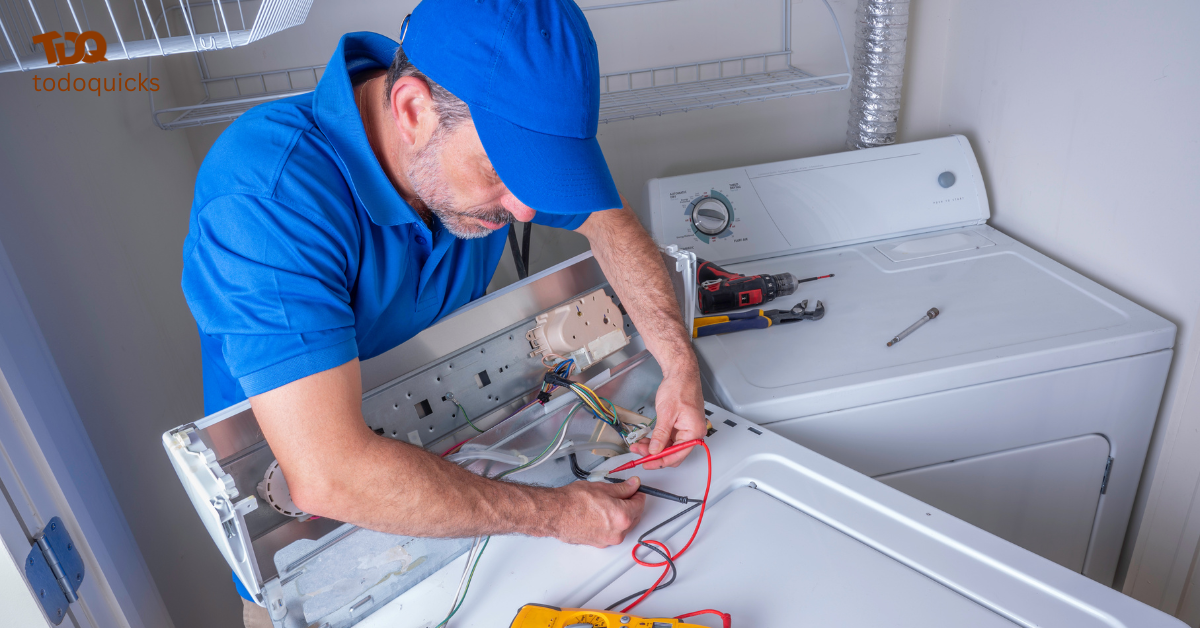How to Install Drywall: Essential for Perfect Walls & Ceilings

How to Install Drywall: Essential for Perfect Walls & Ceilings
Drywall installation is a vital part of any building or remodelling project, laying the groundwork for seamless, sleek walls and ceilings. Regardless of whether you are hanging new sheets in a home build or repairing damaged locations, having some expertise in the crucial concepts of drywall installation matters the most. So, without further ado, here are the basics of hanging drywall – from the warm-up before the throw, to the pro finish.
Drywall in a New Building: Starts with the Right Preparation
Hanging drywall is a position that requires precision and detail. When it comes to new builds, hanging drywall the right way is an integral component of a firm base for additional finish, paint, and decor. Before you start, you want to think about any supplemental systems (such as a split) that need to be put in before or after the drywall is up. Usually, HVAC systems and shutoffs go in long before, so everything integrates perfectly.
Hanging drywall has more than one step; from choosing quality drywall sheets to the best drywall sheet installation tools to which direction should drywall be hung on the ceiling. Wall framing is typically the first stage done for a secure structure, however, ceiling drywall is done before the walls. For dome-type structures, it will require some specific tools and/or some additional techniques in order to have it stay up. For mobile homes, you have to use special equipment to stabilise the drywall placed on the ceiling.
Patching and drywall repairs of holes, cracks, and water damage
Holes, cracks, or even water-damaged drywall can occur due to accidents or just normal wear and tear, but with repairs and patching, these areas are like new again. A patch of drywall 10 cm x 10 cm (less than 4 inches) can be built in and, for larger damages, must be done by a professional (to obtain a good finish).
A moisture barrier should be used before putting in your drywall patch for spaces with high humidity, such as bathrooms or basements. Tools like toggle drywall anchors and plastic vinyl beads for working the corners are also the types of tools you could use to correct this so that the repairs would last longer. You will find TSP (trisodium phosphate), a common suggestion among professionals, to wash the area before applying your drywall patch, as it binds better to an oil-free surface.
Apply texture and finish: Get creative with your walls.
It is very common to put texture on your walls to give it a character and depth. Texturing is applied after the drywall is hung and can be done using finishes like knockdown, orange peel or smooth coats. Finishing also includes a drywall corner bead for a nice, long-lasting finish at the edges of walls. Standard corner beads are common, but there is an alternative out there in the form of vinyl drywall beads, which have high resistance to chips and cracks.
If you plan to add other decorative elements such as coat hooks or a TV mount that will be attached to the wall, knowing how to mount those items on drywall could likewise save you from ruinous finish damage. That makes it really easy to slip something into the wall without too much fuss getting it to work, though you can get special drywall anchors, and make sure you have the best drill for drywall on hand when you do.
Ceiling Repairs: The View Above Your Head Remains Unblemished
Ceiling repairs to bring back beauty in your home and make your home safer. Signs of needing a ceiling replacement Everyone wants a perfect ceiling — no cracks or sagging that you can see. Companies that install drywall often recommend looking at whether your ceiling drywall needs added support, especially in mobile homes, where ceiling conditions can be different than typical homes.
While redoing a suspended ceiling, always mount a ceiling drywall first before installing your walls as it helps support the structure and installation of walls becomes easier. Soundproof drywall is a great benefit for homeowners looking for more noise control, especially in spaces where private matter is at hand.
Soundproof Drywall: Soundproofing Alternatives: Keep It Down
For those wanting to go a step further in lowering the noise level between rooms, one of the best upgrades is to install soundproof drywall. Soundproof drywall installation is a sound-controlling technique that uses heavy drywall panels to reduce the sound waves that enter a home or office. It is perfect for home theatres, bedrooms, and other noise-sensitive spaces.
If you are soundproofing a room when moisture might impact the materials, you can add a moisture barrier prior to applying soundproof drywall. Soundproof drywall is an attractive option definitely worth the investment of time and money to install with the right tools, tips and tricks as it comes to maximizing privacy, comfort, and other benefits.
Drywall Installation Cost Factors
The price of drywall installation will depend upon the project size, area, and complexity of the installation. If you’re thinking, “How much to have drywall installed?” approximate rates are between $1 to $3/square foot for standard installations with higher costs for custom finishes or soundproofing options
Finally, keep in mind when estimating costs that any time you are adding features, such as shiplap over drywall or stone veneer, it may add to the expense of materials because of the need for additional structural support. If you are putting drywall over paneling, that also raises labor and material costs because of the extra steps needed.
Top Drywall Installation Questions Answered (FAQ)
Should You Hang Ceiling Or Wall Drywall First?
Ceiling drywall is also harder to install than wall drywall, so it is good practice to install it before wall drywall to provide structure.
Install Electrical Boxes Before Drywall
They need to be installed before drywall if the box is to be properly matched up, except for box covers.
Is it possible to reveal the stone veneer on the gypsum board?
Stone veneer must be installed over drywall with a moisture barrier and special adhesive.
If you ever notice that drywall is essentially always put up horizontally then perhaps you might be questioning why even drywall is installed as such.
This also decreases the number if seams meaning the drywall can be installed in a more structurally sound manner, at a straight horizontal level.
Essential Tools and Tips — How to Hang Drywall Like a Pro
The best tools for the job to actually install the drywall [in superhero-style mode]. Drywall lifts are helpful for ceiling installations, particularly in cases when you have large panels to work with. Toggle drywall anchors, along with vinyl drywall beads, help keep edges and corners secure when appropriate. These tools will make the job easier and also the best drill you can use for the work if you want to install the drywall quickly and accurately.
Hire Professionals For Your Next Drywall Job
Skilful drywall installers can bring expertise to your project, whether it involves freshly hung drywall, patches, or taping and finishing. From putting shiplap over drywall and installing soundproofing to fixing a broken ceiling, drywall contractors have the right tools, experience and skills to take care of everything. Call a reliable drywall installation professional to discuss your project and receive an estimate that’s specific to your needs.
🔗Hire Me:
📌Fiverr- https://rysulislam.com/responsivewebdesign
📌Upwork- https://www.upwork.com/freelancers/rysulislam
🔗Portfolio: https://www.behance.net/rysulislamriak
🔗My Services: https://rysulislam.com/project
🔗Book Now: appt.link/meet-with-rysul-islam-c4VgTgEY/rysulislam



